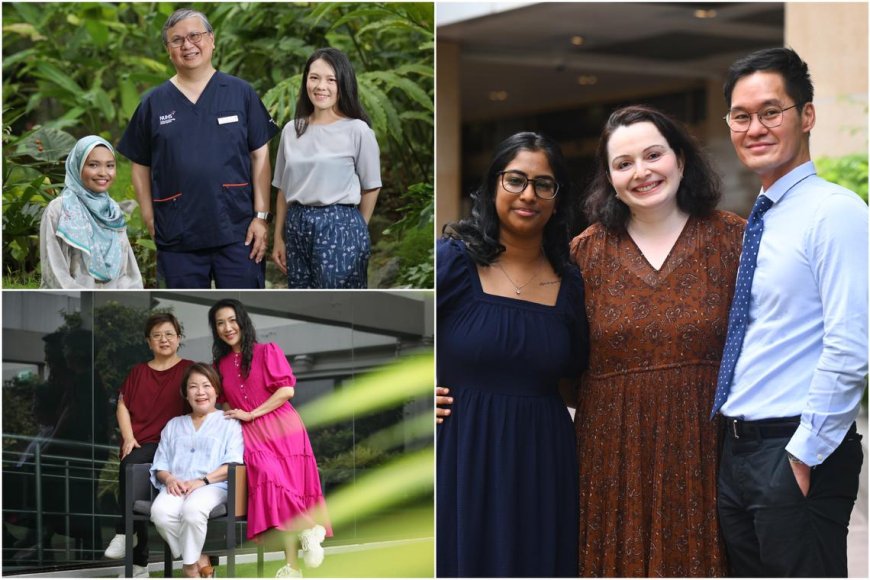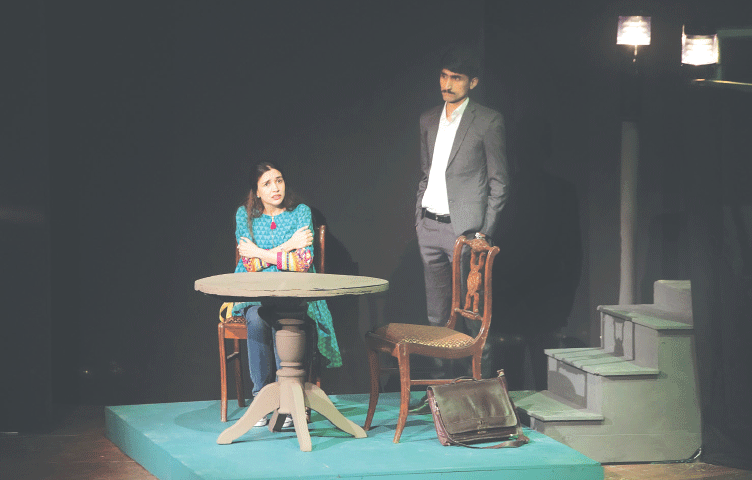The Importance of Patient Support Groups for Health Journeys
Patient support groups in Singapore provide connection, education, and community for individuals navigating health challenges like vitiligo and pulmonary hypertension. These groups offer emotional support and practical advice, filling a gap that medicine alone cannot address.

Support groups offer connection, education and a sense of community for patients and caregivers navigating their health journeys.
When a person is diagnosed with a lesser-known or life-altering condition, the medical treatment plan often comes before the emotional or social support. That is where patient support groups step in. From pulmonary hypertension to vitiligo to life after breast cancer, these patient support groups in Singapore are becoming lifelines. They offer connection, education and a sense of community for patients and caregivers navigating their health journeys.
When Ms Madhumita Mahyandran was diagnosed with vitiligo in February, she was distraught. Vitiligo is an autoimmune disorder in which the body’s immune system attacks skin pigment cells, turning a person’s skin white due to the loss of pigment or melanin. Ms Malini Thyagesan, who has been living with vitiligo since 1990, started a support group for those with vitiligo in 2025. The group aims to provide holistic support addressing both the emotional and medical aspects of living with vitiligo.
In 2006, Madam Nuurashikin Ahmad was diagnosed with pulmonary hypertension. The Pulmonary Hypertension Singapore (PHSG) support group filled a gap that medicine could not by providing emotional support, practical advice and opportunities to connect with others. The group organizes events and educational sessions to guide patients and caregivers in coping with the condition.
In May 2021, Dr Karmen Wong started the After Breast Cancer Celebrate Life! programme to support breast cancer patients and survivors in rebuilding their emotional resilience and reclaiming joy in life after treatment. The programme covers topics such as processing grief, restoring self-esteem and building meaningful routines for life beyond cancer.
According to the source: The Straits Times.
What's Your Reaction?
 Like
0
Like
0
 Dislike
0
Dislike
0
 Love
0
Love
0
 Funny
0
Funny
0
 Angry
0
Angry
0
 Sad
0
Sad
0
 Wow
0
Wow
0












































































































































































